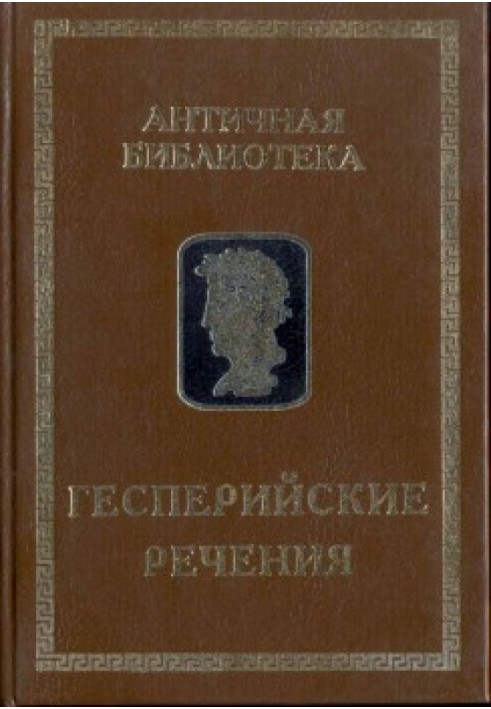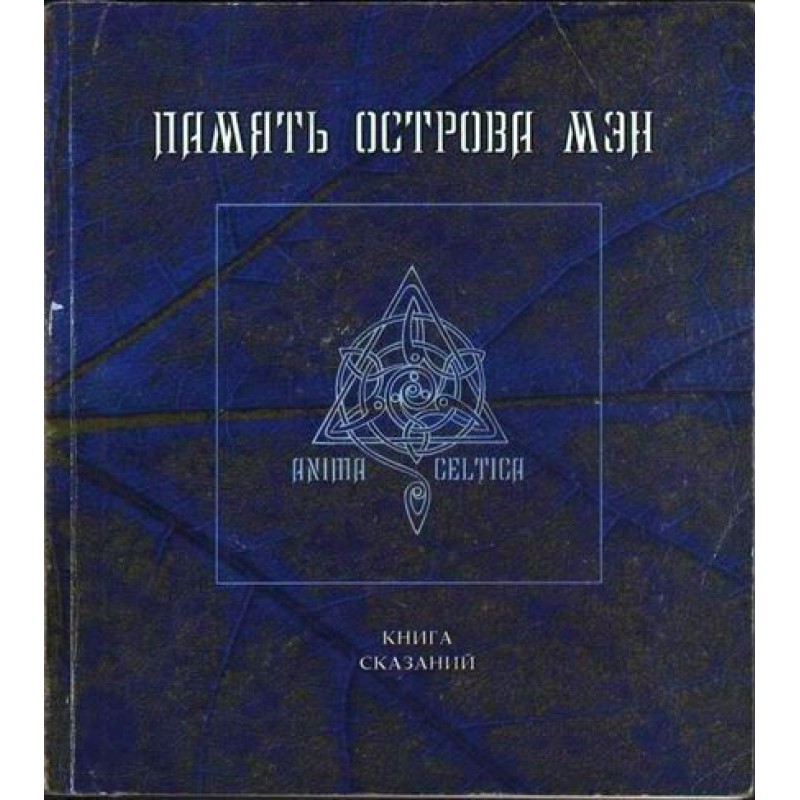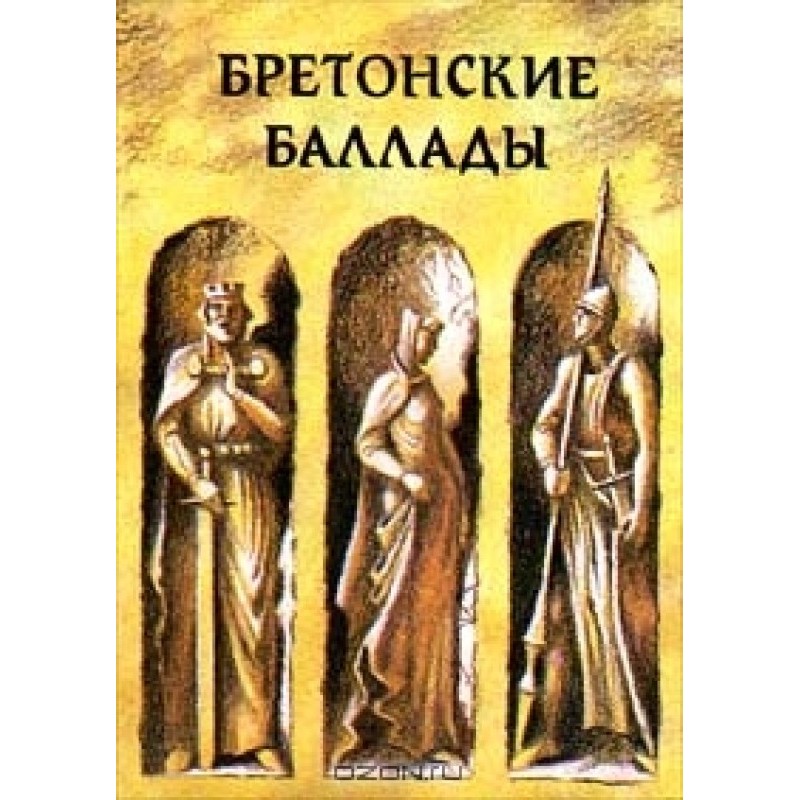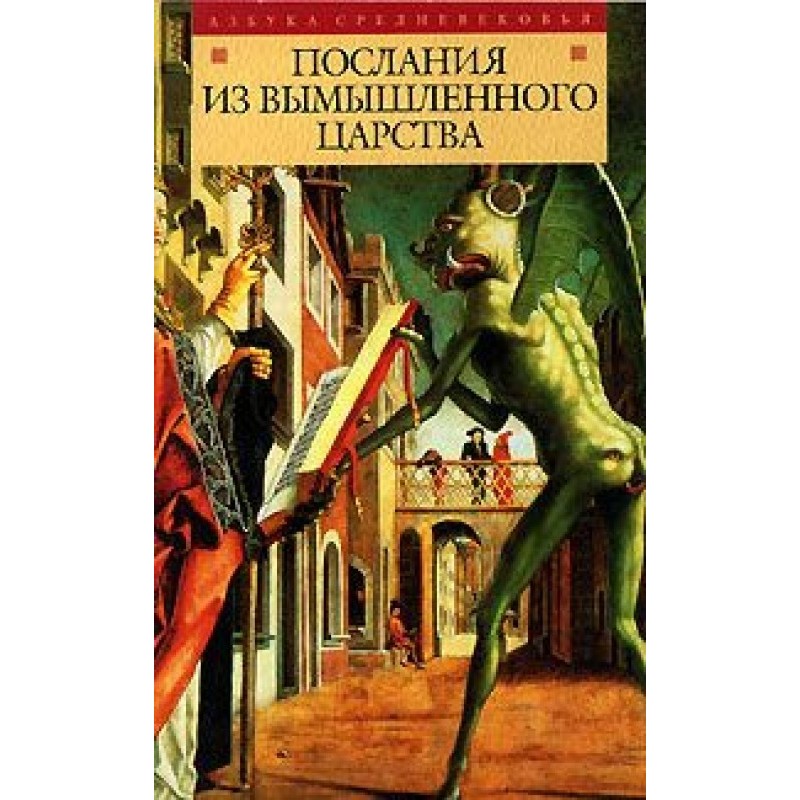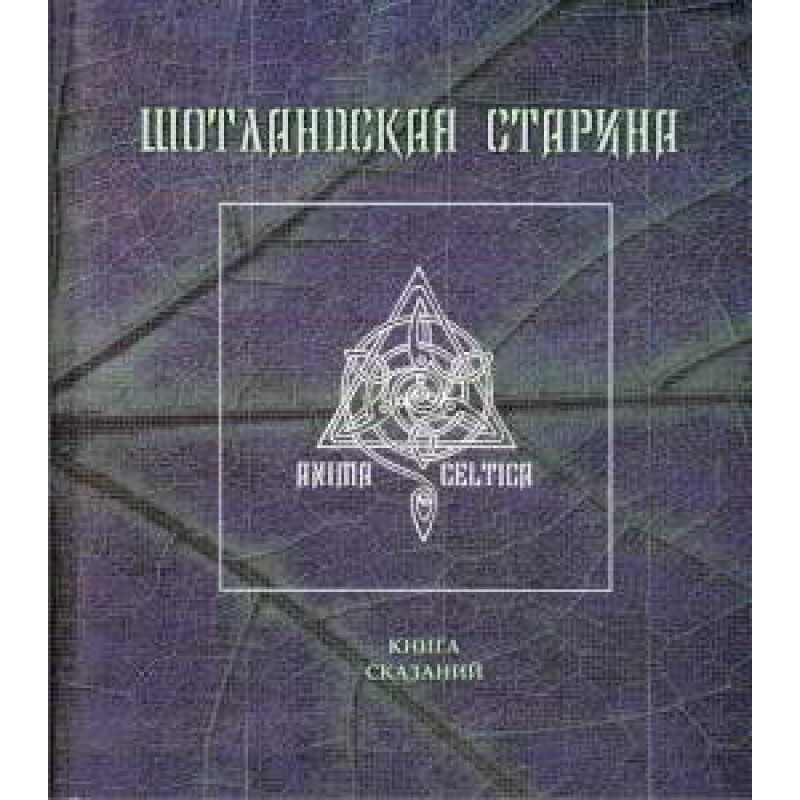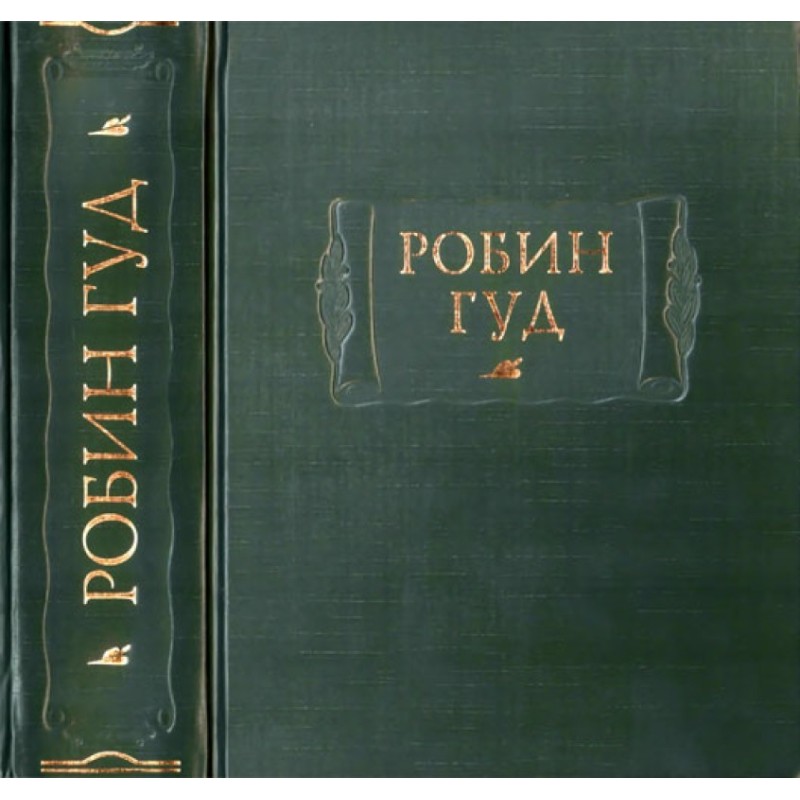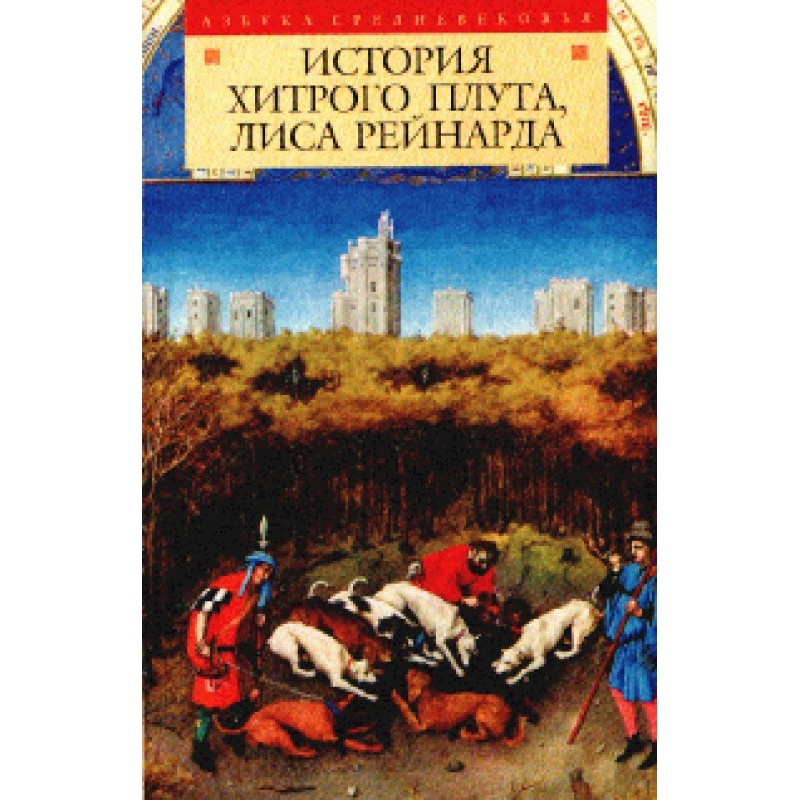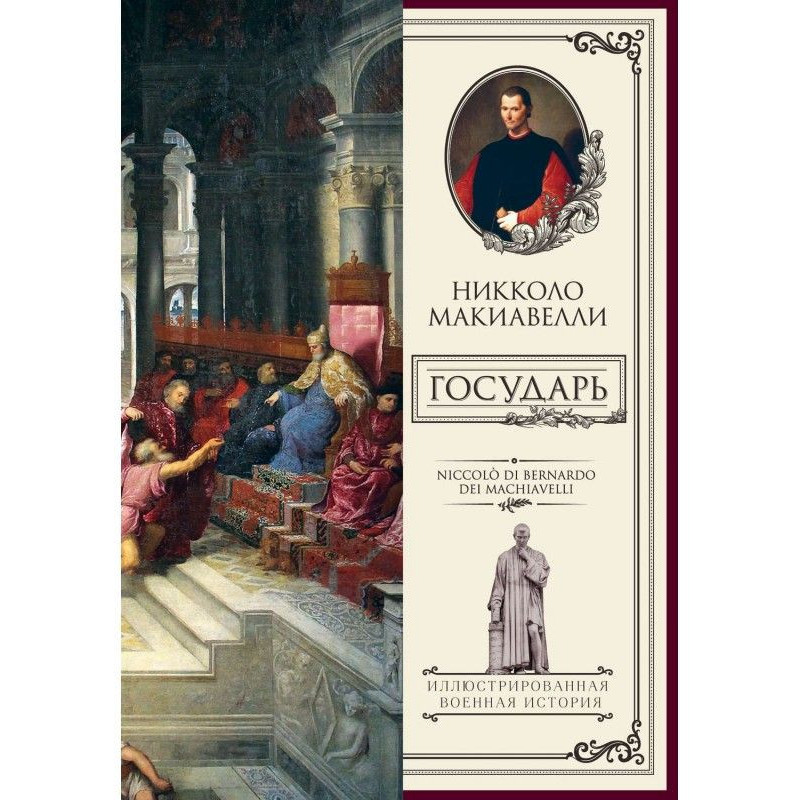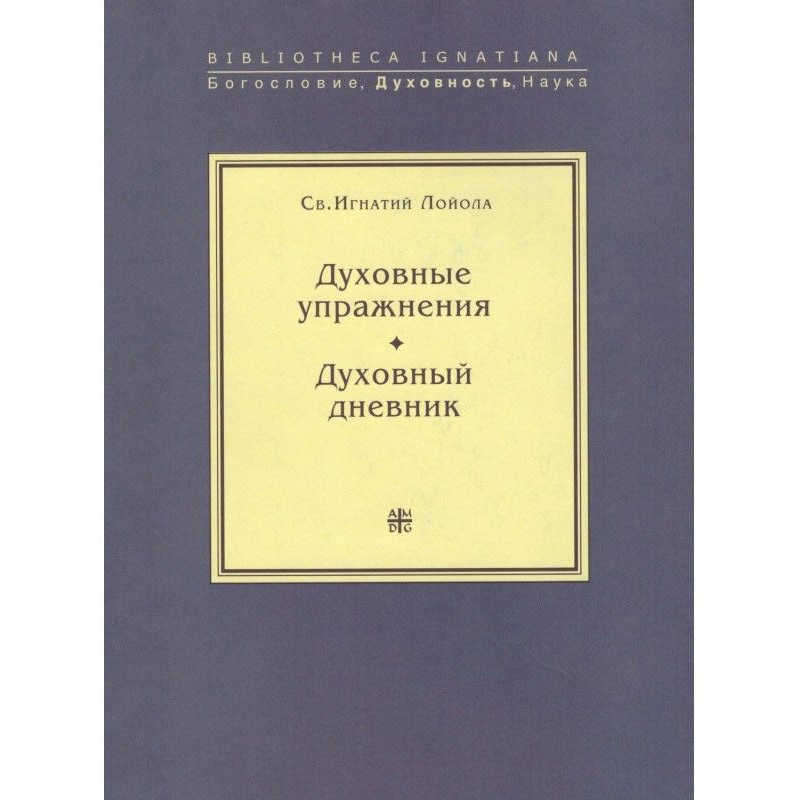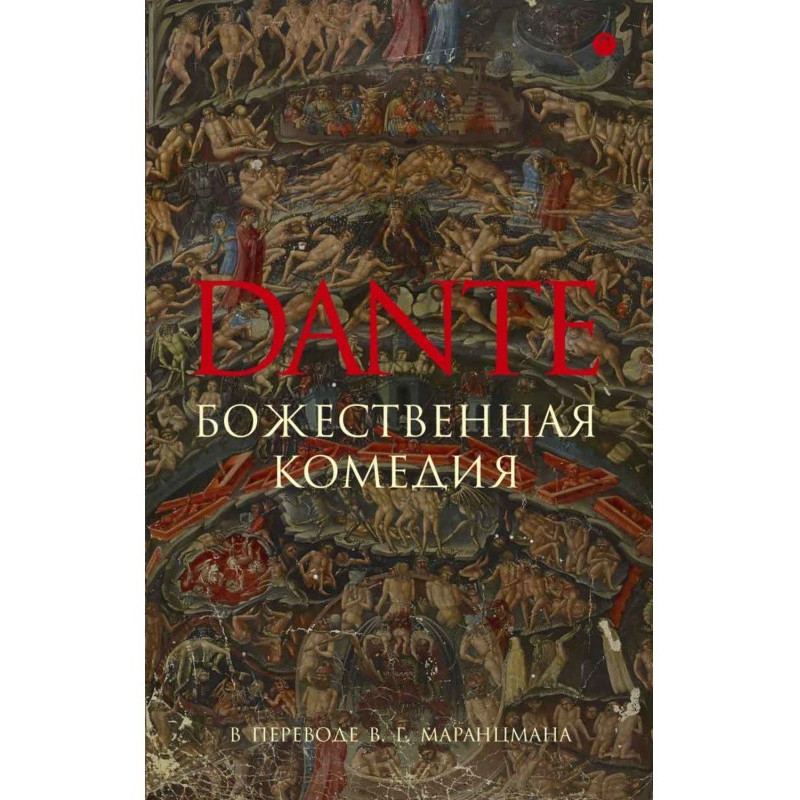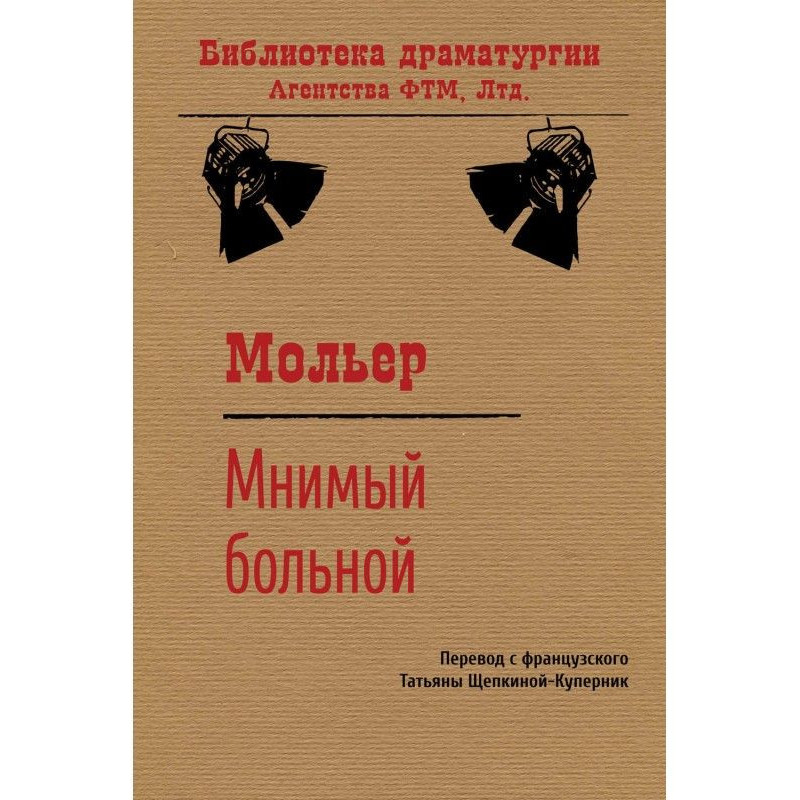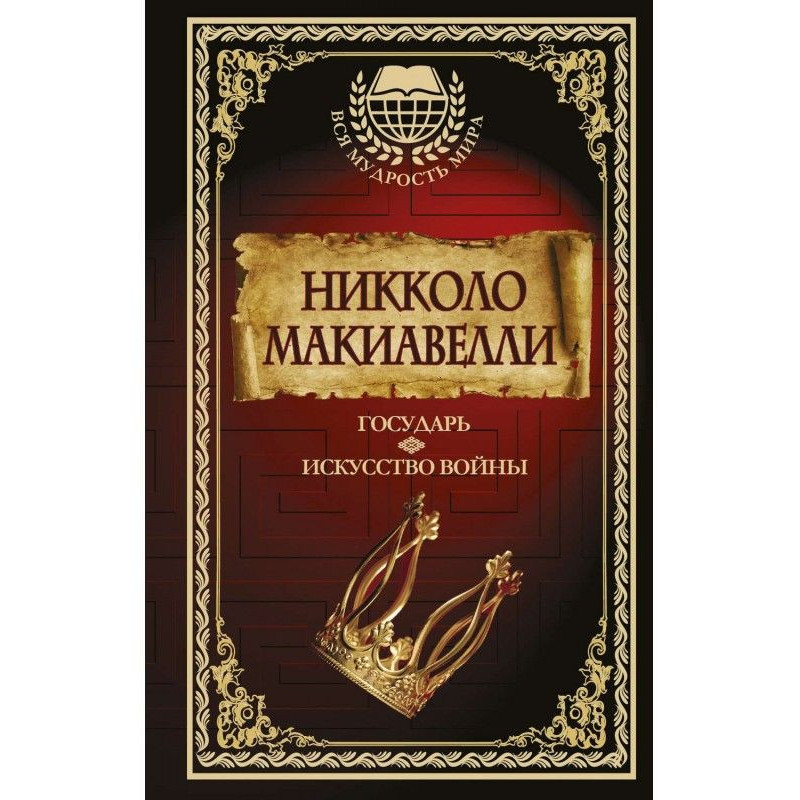Hesperian sayings
 Instant download
Instant download
after payment (24/7)
 Wide range of formats
Wide range of formats
(for all gadgets)
 Full book
Full book
(including for Apple and Android)
“Hesperian Sayings” is a unique and amazing monument of European literature. They were written in Ireland in the 7th century in a special, “Hesperian” language, created on the basis of scientific and poetic Latin by medieval scribes. “Sayings” are written in verses that cannot be described in terms of traditional poetry. The publication includes an overview of the problems of studying the monument, its original and translation, an extensive commentary and a dictionary of the “Hesperian language”. The book is addressed to everyone who is interested in the culture of Antiquity and the Middle Ages, problems of linguistics, metrics and poetics. CONTENTS: ABOUT HESPERIAN LITERATURE1. What are the “Hesperian Sayings”2. History of the study of “Speeches”3. Contents and purpose of the “Speeches”4. Ireland and the origin of the “Speeches”5. Literary connections of the “Speeches” Reading circle of the Hesperists: Virgil, Isidore, the Vulgate and the Christianity of the scribes, foreign language glossaries Predecessors, contemporaries, followers: Publius Virgil Maron Grammar, “On the Fall and Conquest of Britain” by Gilda, “Hesperian Poetry”, Aldhelm6. Hesperian language. Phonetics and morphology Syntax Lexis: freedom of word formation, rare words instead of ordinary words, particular instead of general, proper names as common nouns, distortion of Virgil, “false etymological” method, numerals, foreign words: “language of learning”, unclear cases, binary expressions Synonymy and subject of description “Sayings”: plurality of objects and words, scribes, inhabitants, robbers, animals and plants, world elements, qualities of objects, sounds and colors7. Hesperian metric: Bradshaw's description, "syntactic verse", inverted word order, "binary"; energy of agreement, boundary and definition of verse; “round”, “cross” and “scattered” verses, the connection of verses with each other: “Hesperian anacrusis”, parts of speech, Hesperian “meters”, ternaries, quaternaries, golden quinarius, shifted quinarius, rule for arranging binaries, prohibition of mirror quinarius, “cunning” quinarius, inconsistent quinarii, combining meters, verb position, long meters, principles of meter formation, scattered verses, alliterationHESPERIA SAYINGSExordiumIntroductionDe duodecim uitiis ausonicae palathae0 twelve vices of the Ausonic palateLex dieiLaw of the dayDe caelo0 heavenDe mariAbout the seaDe igneAbout fireDe campo0 De uentoAbout the windDe plurimisAbout the hostDe tabernaAbout Lara for booksDe tabulaAbout the tablet for writingDe oratorioAbout the chapelDe orationeAbout prayerDe gesta reAbout the battleHESPERIA-RUSSIAN DICTIONARYFrequency index of A-text vocabularyIndex of Hesperian metersIndex locorumBibliographyAbbreviationsAbout this edition
Data sheet
- Name of the Author
- Автор Неизвестен Европейская старинная литература --
- Language
- Russian
- Translator
- Дмитрий Борисович Шабельников
Reviews
Вражаюча подорож у світ середньовічної літератури!
Книга «Гесперійські слова» - це справжня знахідка для всіх, хто цікавиться історією літератури та мовознавства. Вона відкриває перед читачем унікальний світ поезії VII століття, написаної особливою «гесперійською» мовою, яка поєднує в собі елементи латини та поетичних традицій. Огляд проблематики вивчення цього пам'ятника, а також детальний коментар і словник «гесперійської мови» роблять цю книгу незамінним ресурсом для дослідників та студентів. Автори вдало поєднали науковий підхід з доступністю, що дозволяє не лише професіоналам, а й широкому колу читачів зануритися в цю захоплюючу тематику. Я захоплений тим, як «Гесперійські слова» відображають культурні та літературні зв'язки між античністю та середньовіччям, і рекомендую цю книгу всім, хто прагне розширити свої знання про літературну спадщину Європи.

